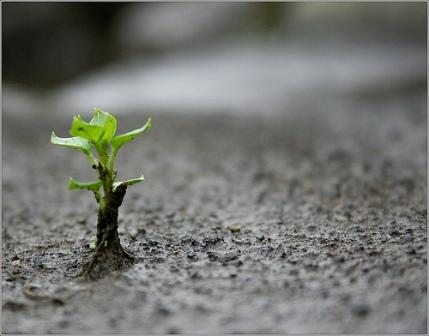
[Developmental psychologist Emmy Werner] found that several elements predicted resilience. Some elements had to do with luck: a resilient child might have a strong bond with a supportive caregiver, parent, teacher, or other mentor-like figure. But another, quite large set of elements was psychological, and had to do with how the children responded to the environment. From a young age, resilient children tended to “meet the world on their own terms.” They were autonomous and independent, would seek out new experiences, and had a “positive social orientation.” “Though not especially gifted, these children used whatever skills they had effectively,” Werner wrote. Perhaps most importantly, the resilient children had what psychologists call an “internal locus of control”: they believed that they, and not their circumstances, affected their achievements. The resilient children saw themselves as the orchestrators of their own fates. In fact, on a scale that measured locus of control, they scored more than two standard deviations away from the standardization group.
Something to think about if you’re positioning yourself as a victim of circumstances, or telling others, including children, that they are victims of circumstances, that their efforts will not be rewarded fairly, that powerful forces are conspiring to keep them down, etc.
Granted, most or all of the people in the second group seem to be in it for personal aggrandizement, i.e., You can’t make it in America so you need me to make a big fuss on your behalf and get handsomely paid for it, either in the form of money or in political power.
